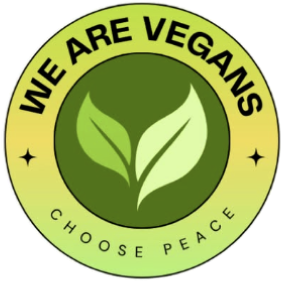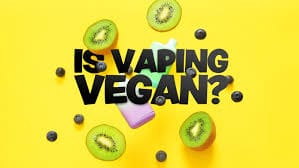Beware of These Non-Vegan Beers

When switching to a vegan lifestyle, many people forget that not all beers are made with plant-based ingredients. While beer may seem simple, made of water, hops, barley, and yeast, the brewing process can include animal-derived ingredients and methods that make some beers non-vegan. If you want to enjoy a beer without compromising your vegan values, it’s important to know which beers to avoid.
Here’s a guide to help you understand why some beers aren’t vegan and how to identify them.
- The Use of Isinglass in Brewing
One of the most common non-vegan ingredients in beer is isinglass, a form of gelatin from fish bladders. Isinglass is used to clarify the beer by removing particles for a clear appearance. While it doesn’t affect the beer's flavor, isinglass is an animal product, making it unsuitable for vegans.
Many breweries still use isinglass, especially for lagers and certain ales. However, several breweries are now using vegan-friendly alternatives like seaweed-based agar agar or clay-based fining agents to clarify their beer without animal products.

- Gelatin and Other Clarifying Agents
In addition to isinglass, some breweries use gelatin, which comes from animal bones and tissues, or casein, a protein found in milk, as fining agents to clear the beer. While these substances effectively remove unwanted particles, they are not vegan.
Vegan-friendly breweries often use plant-based or mineral-based fining agents, so it’s a good idea to check the label or contact the brewery for details about their brewing process.
- Common Non-Vegan Beer Brands to Avoid
While many craft and independent breweries have adopted vegan brewing methods, several major beer brands still use animal-derived ingredients or fining agents. Here are some well-known brands that are often not vegan:
- Guinness: Once famous for its stout, Guinness used isinglass in its filtration for years. They recently switched to a vegan-friendly method, but some versions may still use animal-derived fining agents. Always check the label or ask the brewery for clarification.
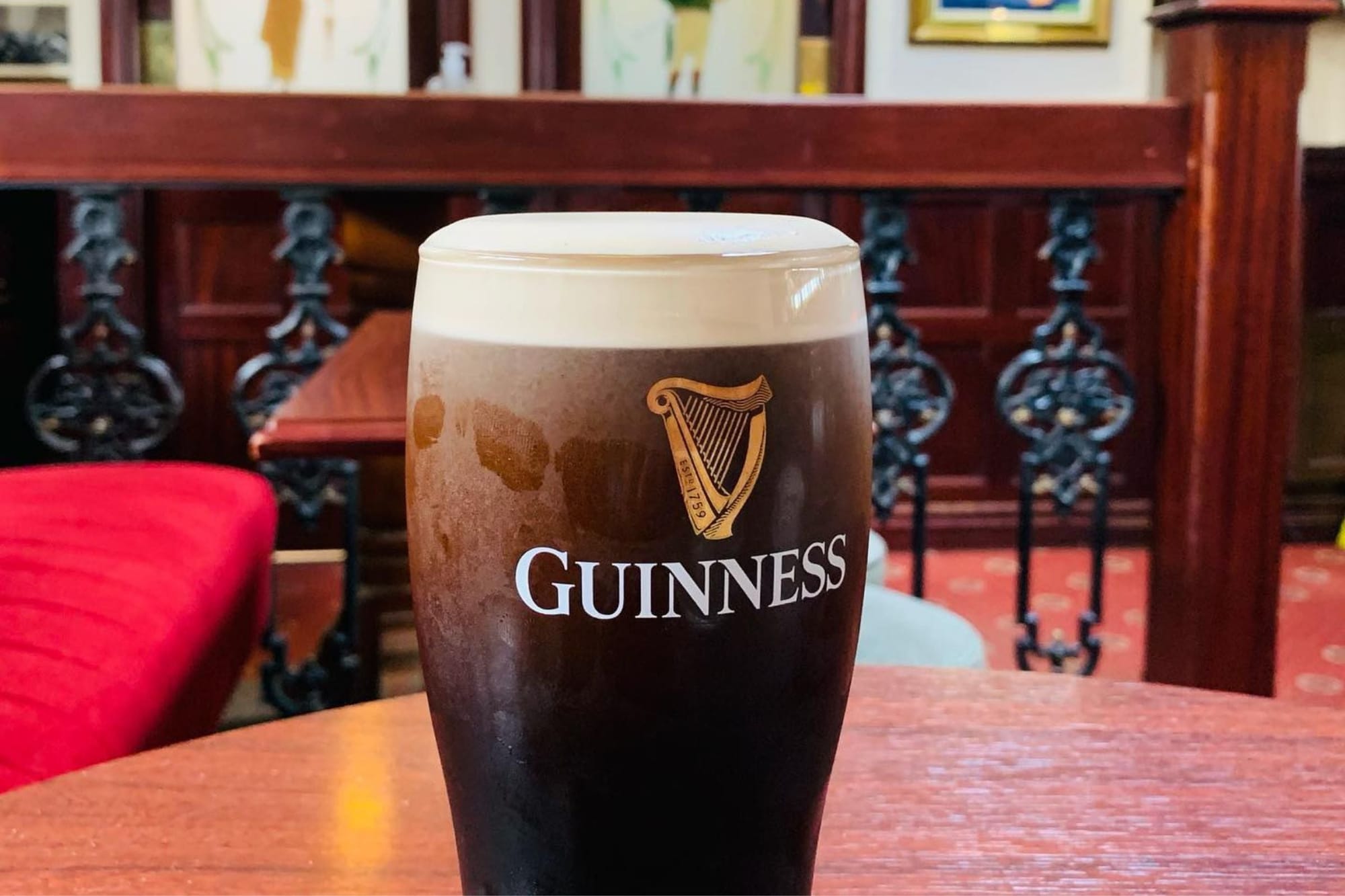
- Budweiser: Although Budweiser primarily uses plant-based ingredients, they filter their beer with isinglass, making it non-vegan.
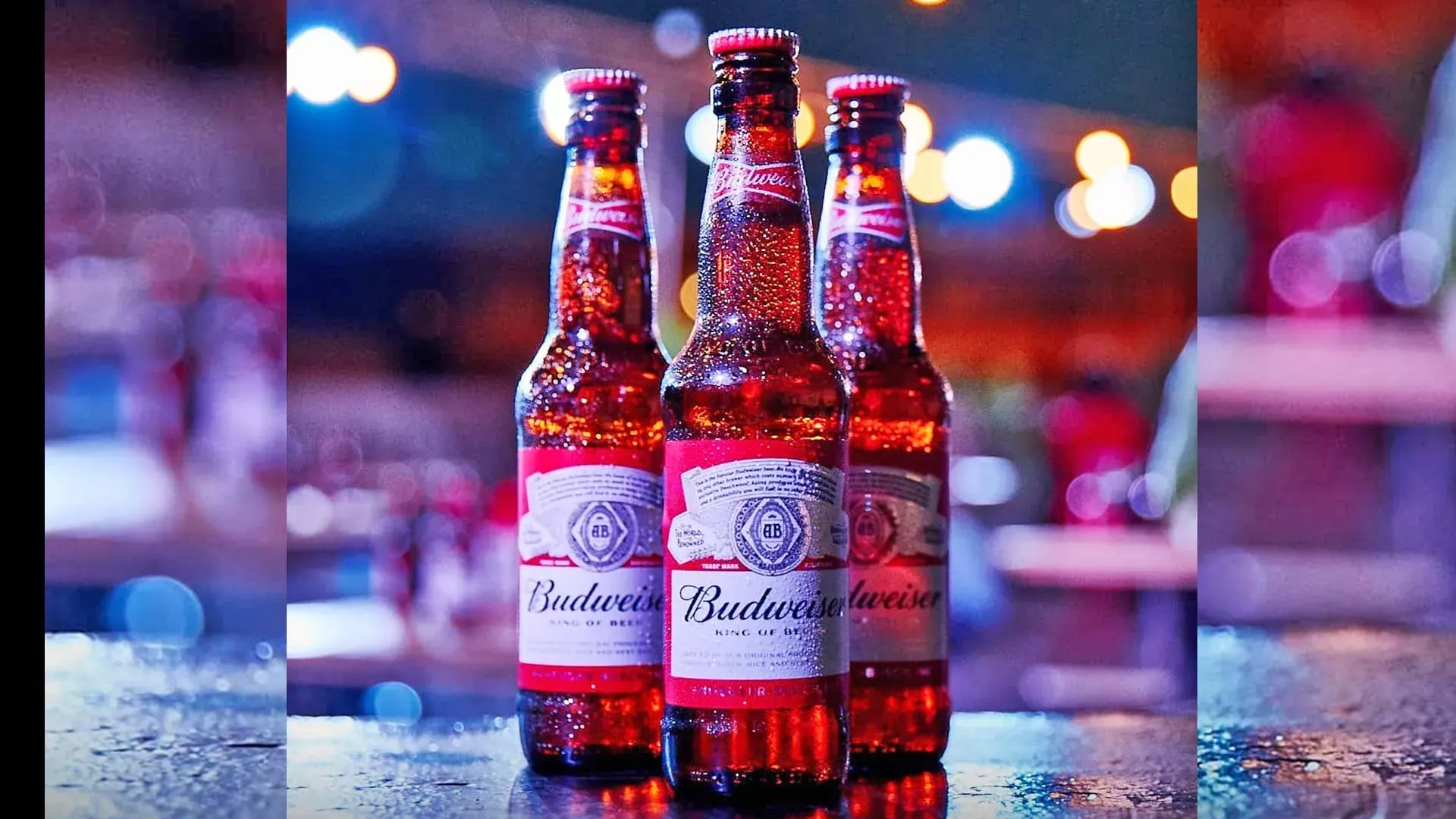
- Heineken: Heineken has been known to use isinglass in certain batches. While this practice has been discontinued in some areas, it's best to confirm.
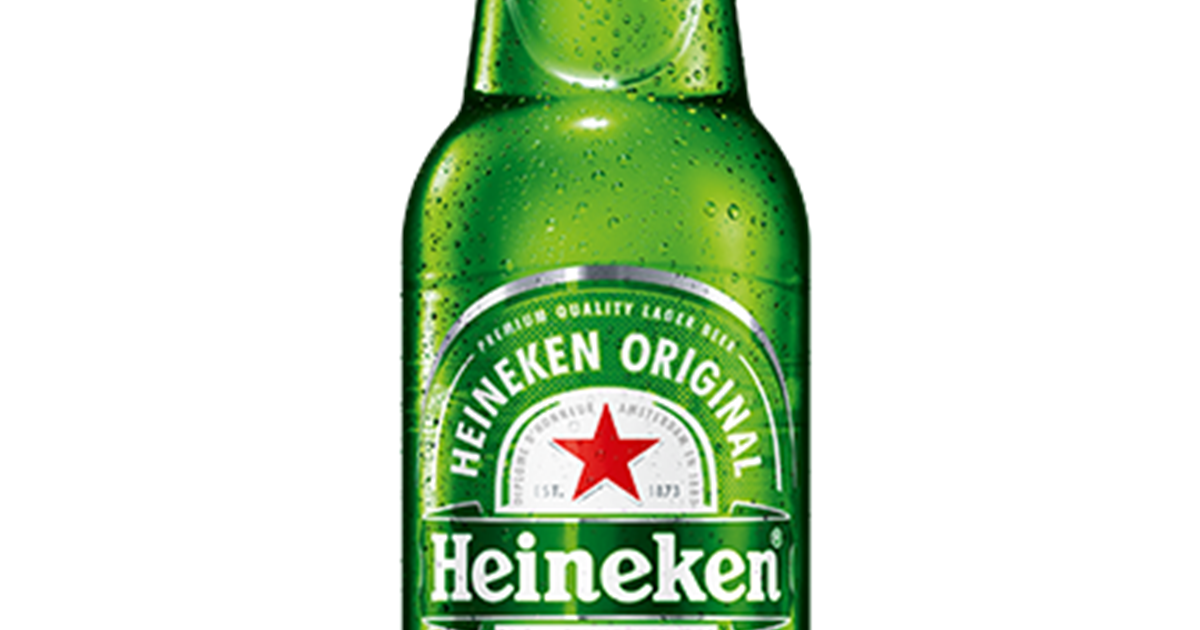
- Carling: This popular lager brand uses isinglass, so it isn’t vegan-friendly.
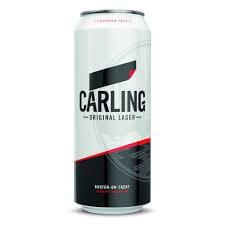
- Coors: Coors beer also uses animal-derived fining agents, so it’s not suitable for vegans.
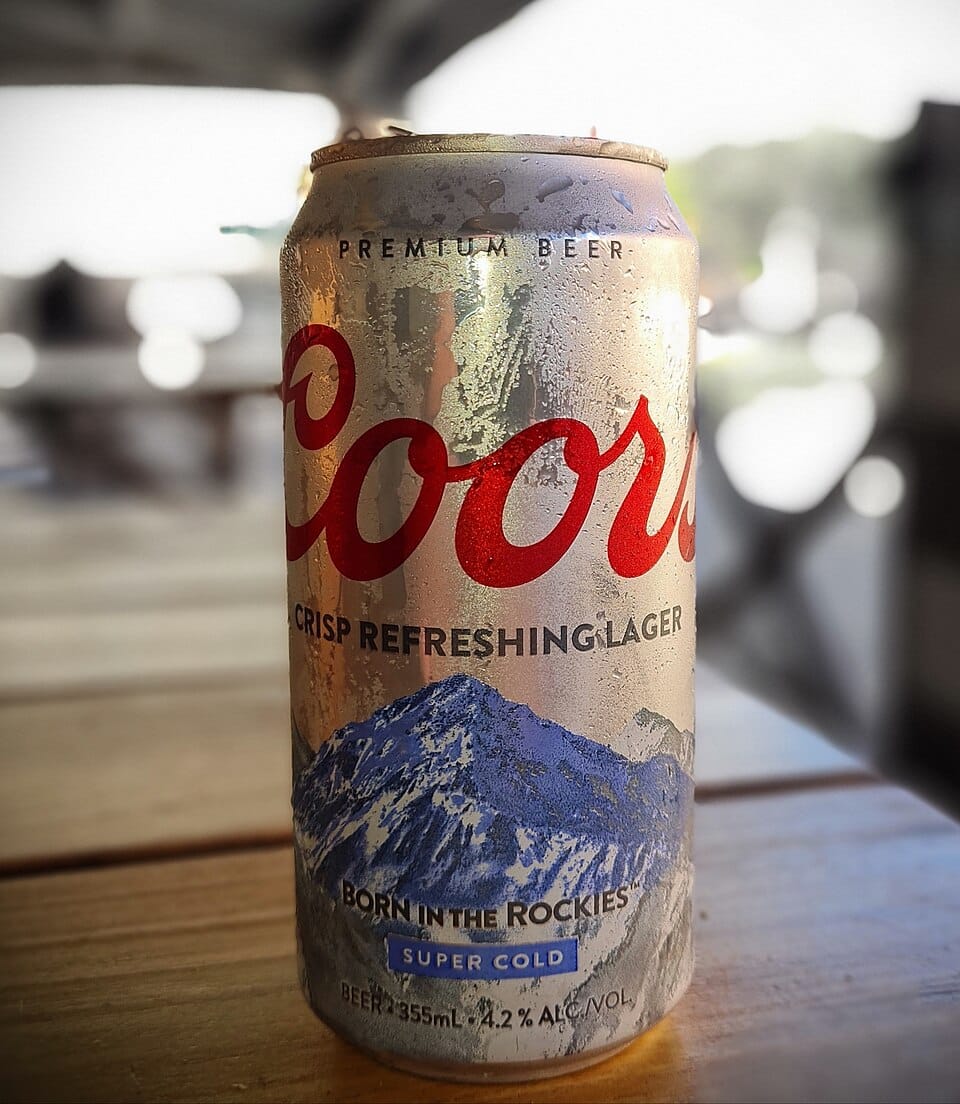
- Fosters: This well-known Australian beer is brewed with isinglass, making it another non-vegan option to avoid.
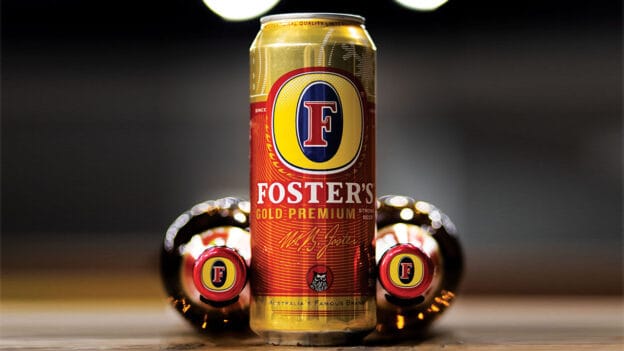
- Vegan-Friendly Beers to Look For
Fortunately, many breweries are adopting cruelty-free brewing methods and providing vegan-certified beers. Here are some vegan-friendly options you can enjoy worry-free:
- BrewDog: This popular craft brewery offers a variety of vegan beers. BrewDog has worked hard to eliminate animal-derived fining agents from their process.
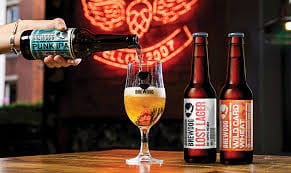
- Beavertown: Beavertown Brewery produces high-quality vegan beers, and all their core range is vegan-friendly.
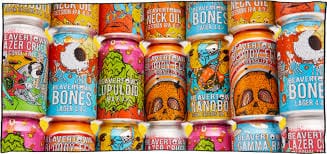
- Lagunitas: Lagunitas is a well-known craft brewery that makes all its beers without animal ingredients, making them a great vegan choice.
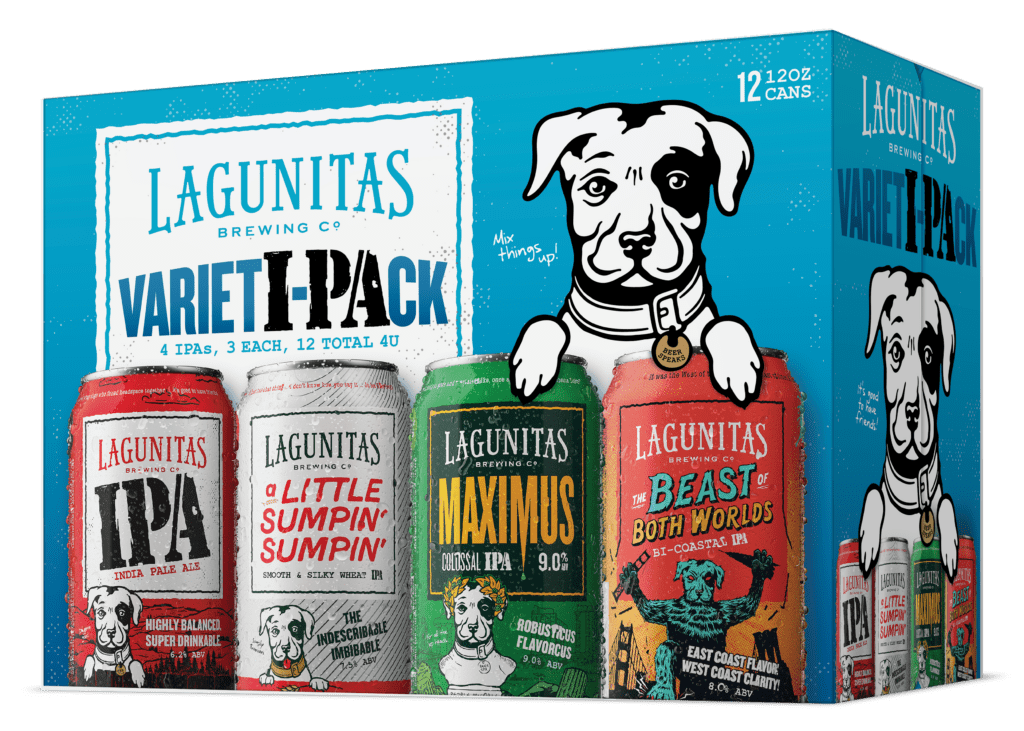
- Amstel: A widely recognized lager brand, Amstel has switched to a vegan-friendly brewing process and is now entirely plant-based.
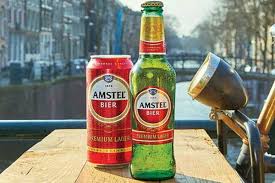
- Samuel Smith’s Organic Beers: Samuel Smith’s offers a range of certified organic beers that are also vegan-friendly, including their classic Organic Lager and Organic Chocolate Stout.
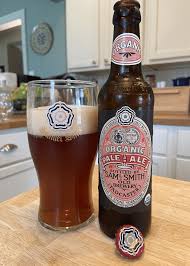
- Stone Brewing: Stone Brewing makes a variety of beers, all of which are vegan-friendly and produced without animal-derived fining agents.
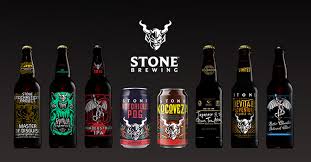
- How to Spot Non-Vegan Beers
When in doubt, it’s wise to do a little research before buying. Here are a few tips to help you select vegan beers:
- Look for Vegan Certification: Some beers have a vegan certification or statement on the packaging. This is the easiest way to confirm that a beer is vegan-friendly.
- Check the Ingredients: Some beers list their ingredients on the label. Look for common non-vegan ingredients like isinglass, gelatin, or casein.
- Use Vegan Beer Guides: Websites and apps like Barnivore and HappyCow have extensive databases of vegan-friendly alcoholic drinks, including beers. These resources can help you quickly determine if your favorite brew is vegan.
- Contact the Brewery: If you’re unsure about a specific beer, reach out to the brewery. Many breweries are open about their brewing methods and will gladly clarify if their beers are vegan.
Conclusion: Enjoying Beer the Vegan Way
While some beers contain animal ingredients, you can find plenty of vegan-friendly options. With more breweries adopting cruelty-free practices, it’s easier than ever to enjoy a beer without compromising your vegan lifestyle. By staying informed and checking labels or using resources like Barnivore, you can ensure your beer choices match your ethical values.
So, the next time you grab a beer, remember to check the label—your taste buds and the planet will appreciate it!
